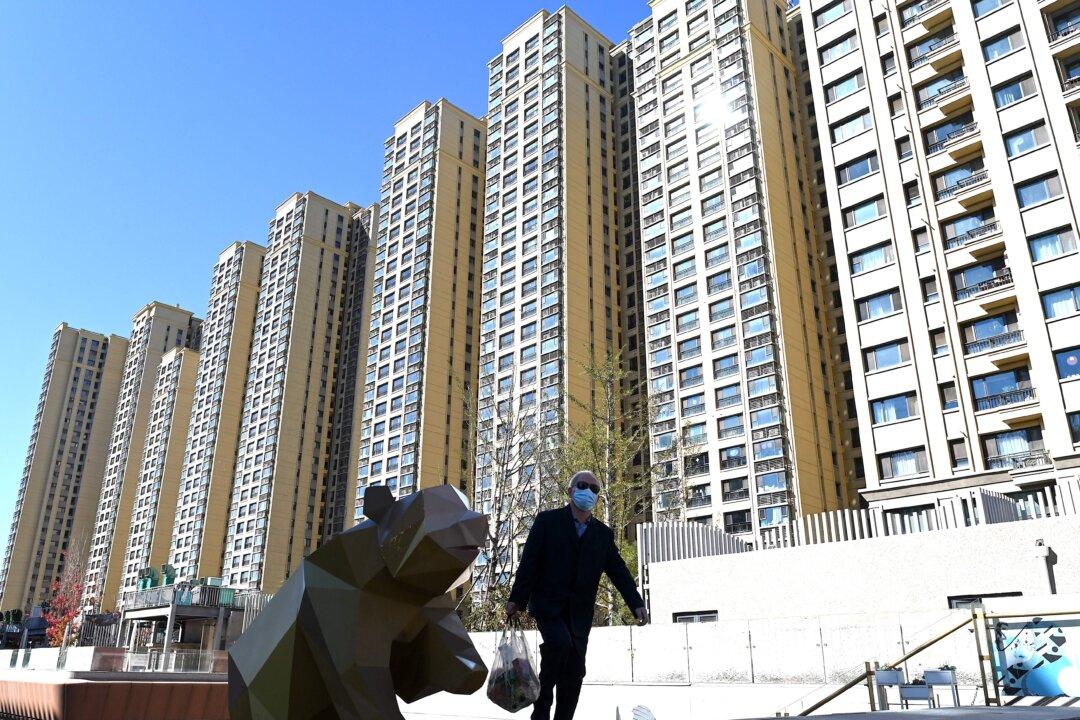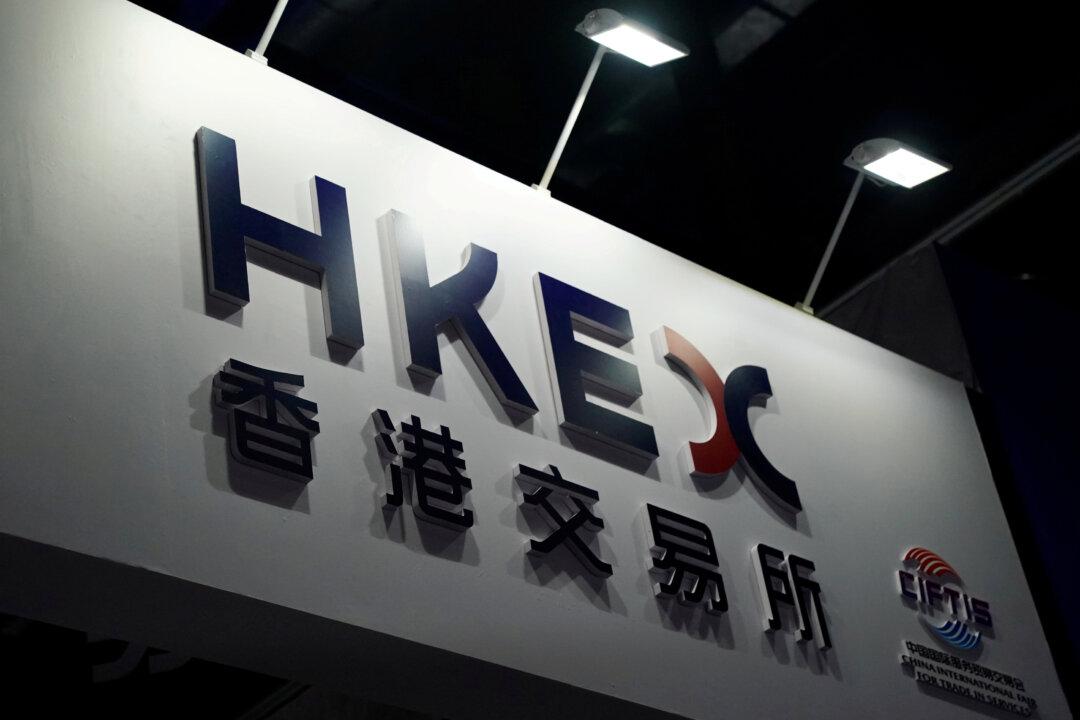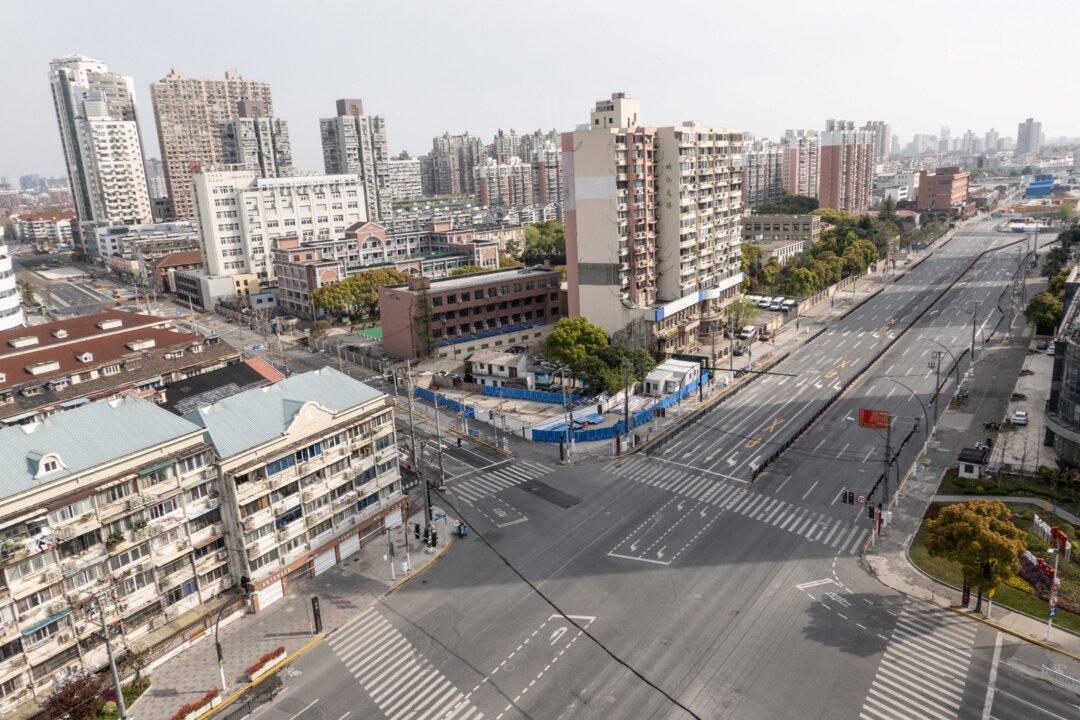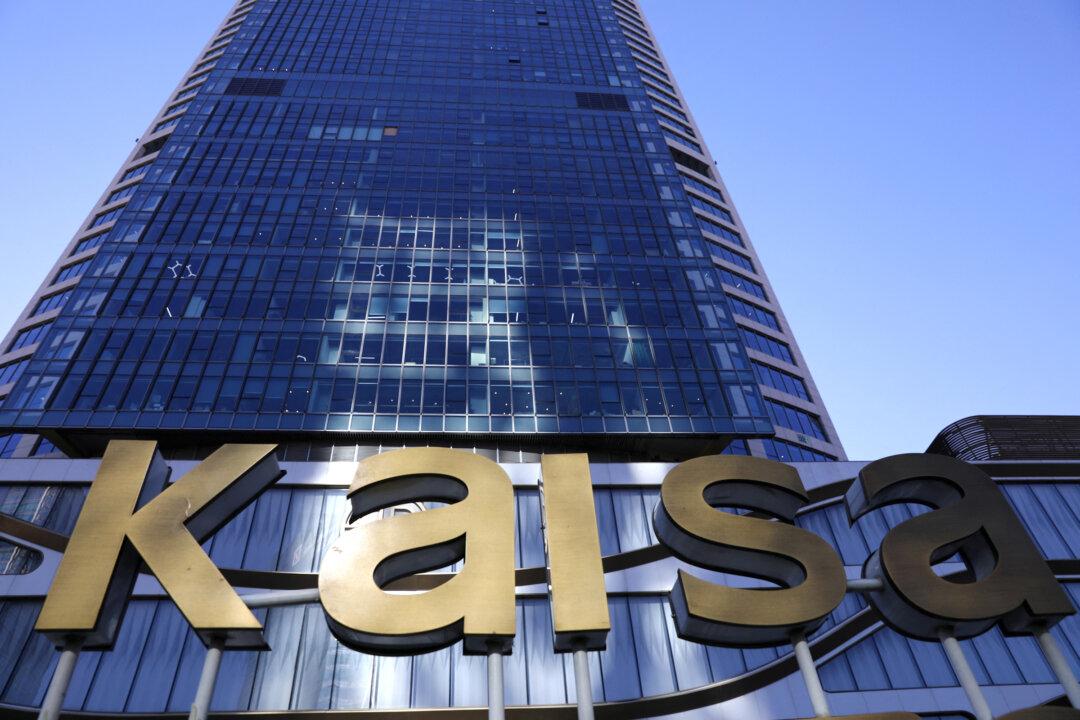The deepening debt crisis at Chinese developers like Evergrande Group, along with Beijing’s efforts to rein in property speculation, has stifled housing demand and hit the country’s economy.
The output from the real estate sector fell 2.9 percent year-on-year in the fourth quarter, according to a supplemental report from the National Bureau of Statistics (NBS) on the country’s GDP.




